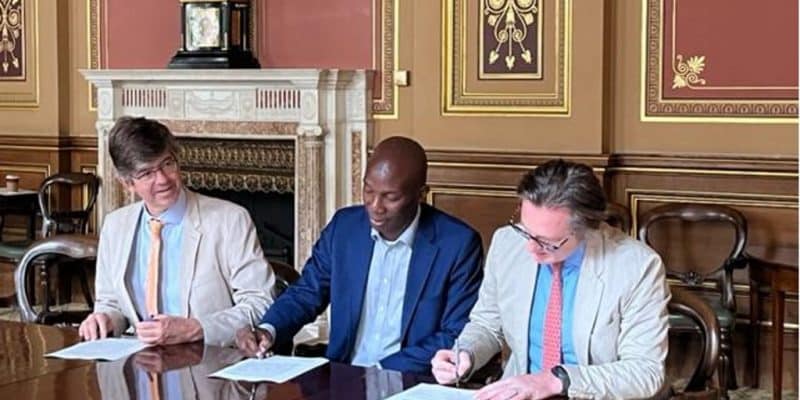"We need to offer investors another way of channelling finance to climate resilient infrastructure on the African continent". These are the words of Gilles Vaes, CEO of InfraCo Africa, as his company announces a $43 million investment in the "Clear" fund for climate projects in Africa.
InfraCo Africa, the subsidiary of the Private Infrastructure Development Group (PIDG), is injecting $43 million into the “Clear” (Climate, Energy Access and Resilience) investment vehicle, which will be launched in 2021 together with Helios Investment Partners. With a portfolio of $350 million, the financing facility aims to invest in climate-aligned infrastructure and growth businesses, including the creation of 100,000 jobs and access to electricity for one million people on the African continent, as well as the prevention of 100 million tonnes of carbon dioxide (CO2) emissions.
At this stage, the funds invested by InfraCo will therefore finance projects related to clean energy and energy transition, transport, green mobility, sustainable growth and consumption. “The race is on to identify solutions that will help us meet the huge challenge of climate change. At the interface between the private and public sectors, the fund will support many sustainable technologies that are more affordable than traditional options. This is a win-win situation for Africa, investors and the world,” says Diana Fox Carney, Chair of the Clear Fund.
Supporting energy security and the green economy
Like InfraCo Africa, other funding from related Clear Fund partners is also expected. This is the case for the UK government’s Mobilist programme, which is set to invest “$7 million alongside Helios Investment Partners to accelerate decarbonisation and climate resilience on the African continent while providing returns to investors,” says the UK-based Foreign, Commonwealth and Development Office (FCDO).
Read also-AFRICA: Standard Chartered launches « ANCA » to promote the green economy
Since its inception in 2004, InfraCo Africa has accompanied eighteen projects to financial close. However, more than 600 million people in Africa still do not have access to electricity and almost 900 million people do not have access to clean cooking fuel according to the International Renewable Energy Agency (IRENA). In this context, the “Clear” programme appears as an opportunity to accelerate sustainable development in Africa through the promotion of green projects and the strengthening of the renewable energy sector.
Benoit-Ivan Wansi





